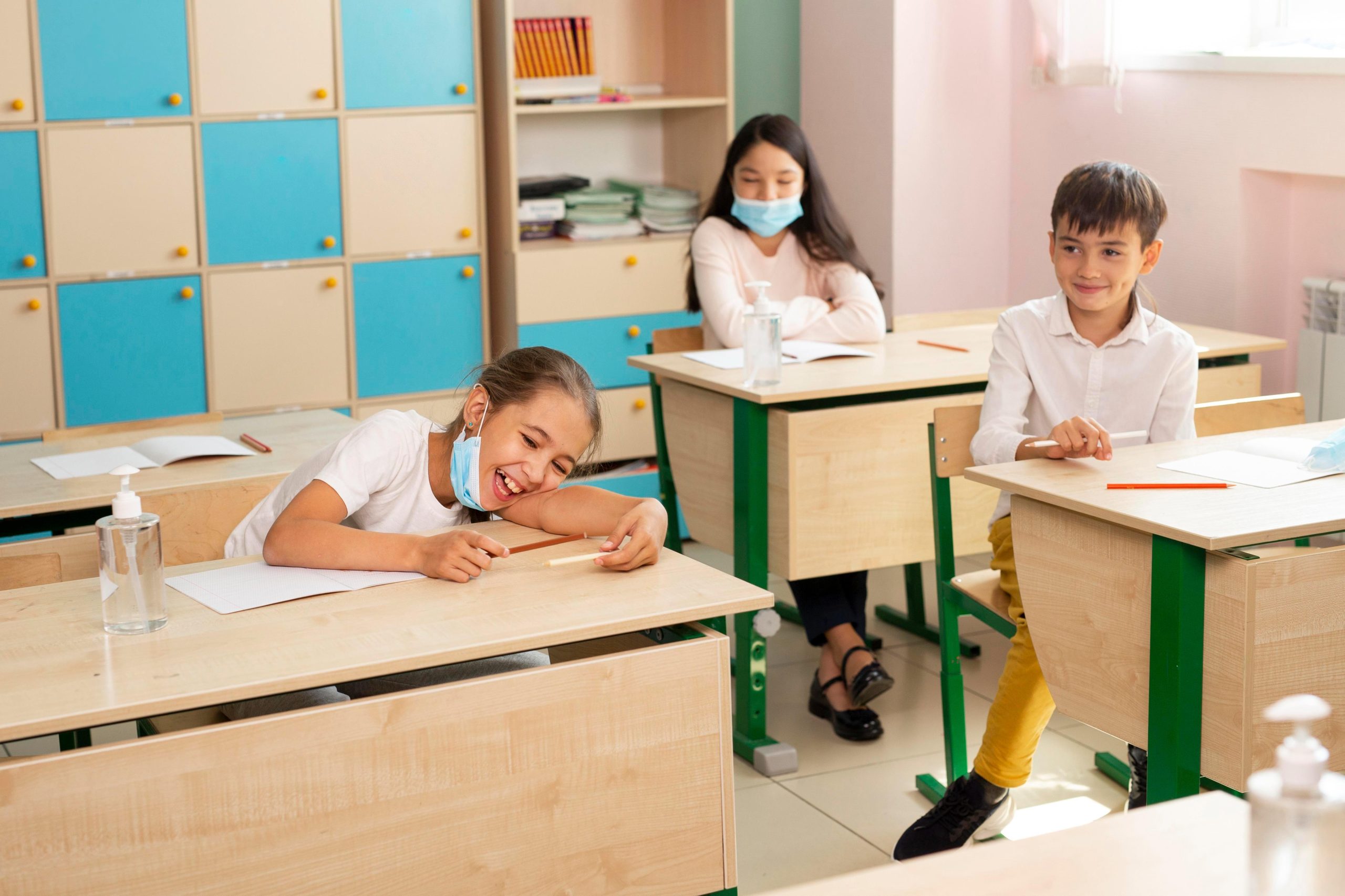
Unconventional Classrooms and the Importance of Preschool Teacher Quality
Early childhood education is accorded a high level of priority in our culture due to the weight of importance we place on it. We think that the early years of a child’s existence are crucial to his or her development and the potential for achievement. Therefore, the quality of the preschool education that they receive is of paramount importance. But what exactly is preschool teacher quality, and how can it be measured? In this article, we will explore this topic in detail, focusing on the role of unconventional classrooms in the process.
Defining Preschool Teacher Quality
When discussing preschool teacher quality, it’s crucial to understand the criteria that define effectiveness. These criteria encompass knowledge and qualifications, interactions with toddlers, instructional practices, and classroom organization.
Knowledge and Qualifications
Preschool teacher quality relies heavily on education and training, including formal qualifications and relevant experience. A highly qualified teacher possesses a deeper understanding of child development and early childhood education principles.
Interactions with Preschoolers
Effective teachers engage warmly and responsively with students, fostering a supportive and nurturing environment conducive to exploration and growth. They provide encouragement and guidance, promoting positive interactions and social-emotional development.
Instructional Practices
Teachers employ various strategies to engage students and facilitate essential skill development, such as language, literacy, and numeracy. They utilize diverse approaches, including hands-on activities, group discussions, and interactive learning experiences.
Classroom Organization
Well-organized classrooms provide structure and routine essential for social and emotional development, fostering a safe and stimulating environment for exploration and curiosity. Teachers strategically arrange materials and learning areas to optimize student engagement and learning opportunities.
The Role of Unconventional Classrooms
While traditional classrooms prevail, unconventional classrooms offer flexible, child-centered approaches that enhance personalized learning experiences.
Nature-Based Classrooms
These environments encourage hands-on learning through exploration of the natural world, promoting curiosity and engagement. Students have the opportunity to interact with their environment, fostering a deeper understanding of ecological concepts and connections to the world around them.
Play-Based Classrooms
Students learn through play, utilizing toys, games, and activities to foster creativity, imagination, and social interaction. Play-based learning promotes problem-solving skills, collaboration, and emotional development in a joyful and engaging environment.
Specialized Topic-Centric Classrooms
Settings emphasizing specific topics like art, music, or science provide focused learning experiences tailored to individual interests. Students delve deeply into their chosen subjects, fostering a passion for learning and cultivating expertise in specialized areas.
The Importance of Teacher Quality in Unconventional Classrooms
Teacher quality remains paramount in unconventional settings, requiring adaptability, creativity, and strong relationships with students and families.
Adaptability and Creativity
Teachers in unconventional classrooms must adapt their teaching approaches to meet the diverse needs and interests of their students. They embrace innovation and creativity, experimenting with new ideas and strategies to enhance learning experiences.
Building Strong Relationships
Effective teachers in unconventional classrooms prioritize building strong relationships with students and families. They communicate openly, listen actively, and collaborate with parents to support student learning and well-being.
Challenges and Opportunities in Unconventional Classrooms
Unconventional classrooms offer benefits but also pose challenges, necessitating flexibility, specialized knowledge, and ongoing professional development for teachers.
Addressing Resource Limitations
Unconventional classrooms may require additional resources, such as outdoor play areas or specialized materials, which can pose challenges for schools with limited budgets. Creative solutions and community partnerships can help overcome resource constraints and enhance learning opportunities.
Professional Development
Continuous professional development ensures teachers remain updated on best practices, enhancing their effectiveness in unconventional settings. Opportunities for training, mentorship, and collaboration empower teachers to continually refine their skills and adapt to evolving educational trends.
Engaging Families in Unconventional Classrooms
Involving families is crucial, fostering collaboration and support for students’ learning and development.
Partnerships with Parents
Teachers in unconventional classrooms actively involve parents in their children’s education, recognizing the vital role families play in supporting learning and development. They communicate regularly, share student progress and successes, and invite families to participate in classroom activities and events.
Creating a Supportive Community
By fostering a sense of community and partnership among students, families, and teachers, unconventional classrooms create a supportive learning environment where every child can thrive. Open communication, mutual respect, and shared goals strengthen relationships and promote student success.


